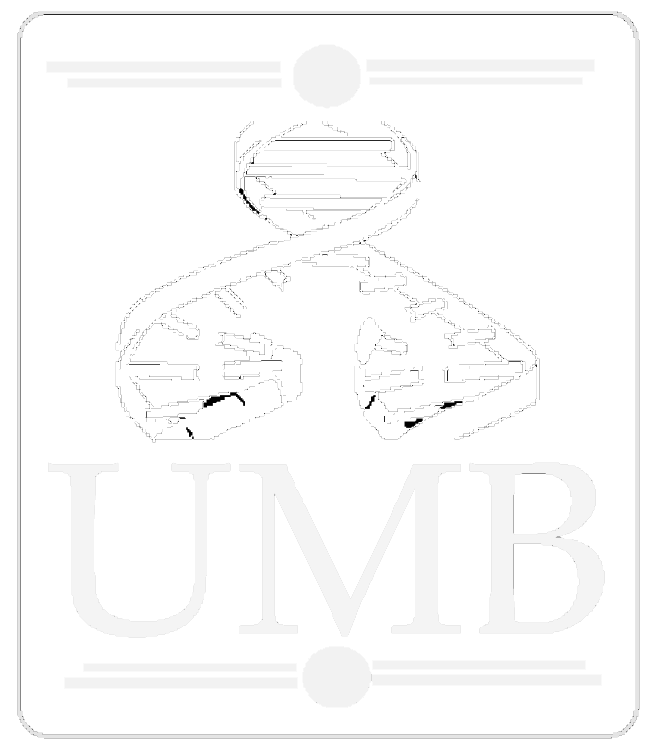Work Packages
WP1: Project management * WP2: Publicity and communication * WP3: Building a Center for Structural Biology for Biomedicine and Biotechnology * WP4: Building scientific capacities and intellectual potential in the field of molecular and structural biology with impact on biomedical and biotechnological practices in the cross-border region * WP5: Biomedical research based on structural biology
WP1: Project management
This work package will ensure smooth and efficient project administration, risk and quality management. The project managers at IMB SAS will be responsible for monitoring and reporting of the project activities towards the program managing authority. The work package also includes the organization and implementation of a Kick-Off Meeting, regular project meetings to discuss the progress and project quality, assess risk factors and plan project activities for the next year.
WP2: Publicity and communication
The main target group of the project are students and researchers at universities and research institutes, but also biotech companies and start-ups based in the region. They will participate in events for expert audience in the framework of WP4 (Structural biology conference in Bratislava in December 2021, 3 workshops (in Vienna 2019, 2022 and in Bratislava 2022) and Seminar series). Furthermore, press releases, announcements in social media (StruBioMol) as well as a regular updated project website will be used to raise awareness of the project activities and their benefits for the cross-border region. We are also targeting the international structural and molecular biology community and our participation in international conferences will raise international visibility and awareness of the project and increased networking and scientific exchange.
WP3: Building a Center for Structural Biology for Biomedicine and Biotechnology
The aim of the work package is to procure modern instrumentation (Technologies) for project partners to enable research and education in structural biology, biomedicine and biotechnology at a much higher quality than previously.
The instruments at IMB SAS will be used for research purposes, teaching students and researchers, and consequently, strategic partners and external scientists will be able to use this new instrumentation through the “Open Access” program (WP4).
WP4: Building scientific capacities and intellectual potential in the field of molecular and structural biology with impact on biomedical and biotechnological practices in the cross-border region
One of the biggest challenges in the cross-border region is the lack of awareness of the possibilities of using and the importance of structural biology, not only in the field of basic research, but especially in application options for health and biotechnology. This work package is dedicated to addressing this challenge through educational activities for professionals, university students and other stakeholders from both participating regions, mainly through lectures, seminars, workshops and conferences. Internationalization will greatly facilitate the interaction of cross-border scientists and students with international experts and the implementation of several activities to raise the profile of scientific research in both partner regions and their application. IMB SAS, in cooperation with the University of Vienna, will organize several international workshops, conferences as well as a series of seminars with invited international experts in order to strengthen the possibilities of establishing communication channels for cross-border research in molecular and structural biology.
WP5: Biomedical research based on structural biology
Human pathological processes such as muscle dystrophies, cardiac arrhythmias, neurodegenerative diseases, and cancer are directly related to impaired function of proteins essential to maintain their proper function. Functional disorders of these proteins are associated with structural changes that may occur as a result of mutations in the genes encoding them, post-translational modifications, poor folding, and stress damage (e.g., oxidative damage).
Within this work package, we will focus on a common characterization of changes in the structure and function of selected proteins that are subject of scientific research at both partners.




